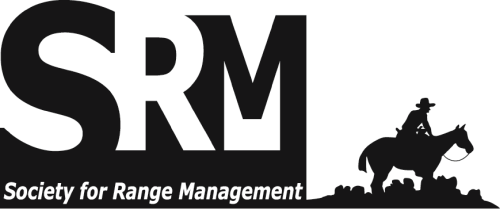The strengths of scientific knowledge, based on methods of experiment, observation, deductive reasoning and hypothesis testing, are widely known. The limitations of these methods are less well understood, especially among policy-makers, and scientists are often not inclined to dwell on them. But these limitations have bedeviled rangeland management and policy for a very long time. Range science came into being because federal land management agencies needed to formulate policies that could simultaneously address both environmental and political problems. These twin crises compelled administrators to reach and implement conclusions well before scientists had had the time and resources needed to test and refine their theories fully, especially given the immensity and diversity of US rangelands. Of particular importance was the adoption of stable estimates of “carrying capacity†in public lands grazing leases, despite abundant evidence of extreme variability in forage production over space and time. This paper explores that crucial moment in the history of US rangeland policy in order to illuminate the management-science gap that we face today. The gap can be narrowed by scientific methods of inquiry, but only if humans—with all their variability and unpredictability—are included in the scope of investigation.

Oral presentation and poster titles, abstracts, and authors from the Society for Range Management (SRM) Annual Meetings and Tradeshows, from 2013 forward.